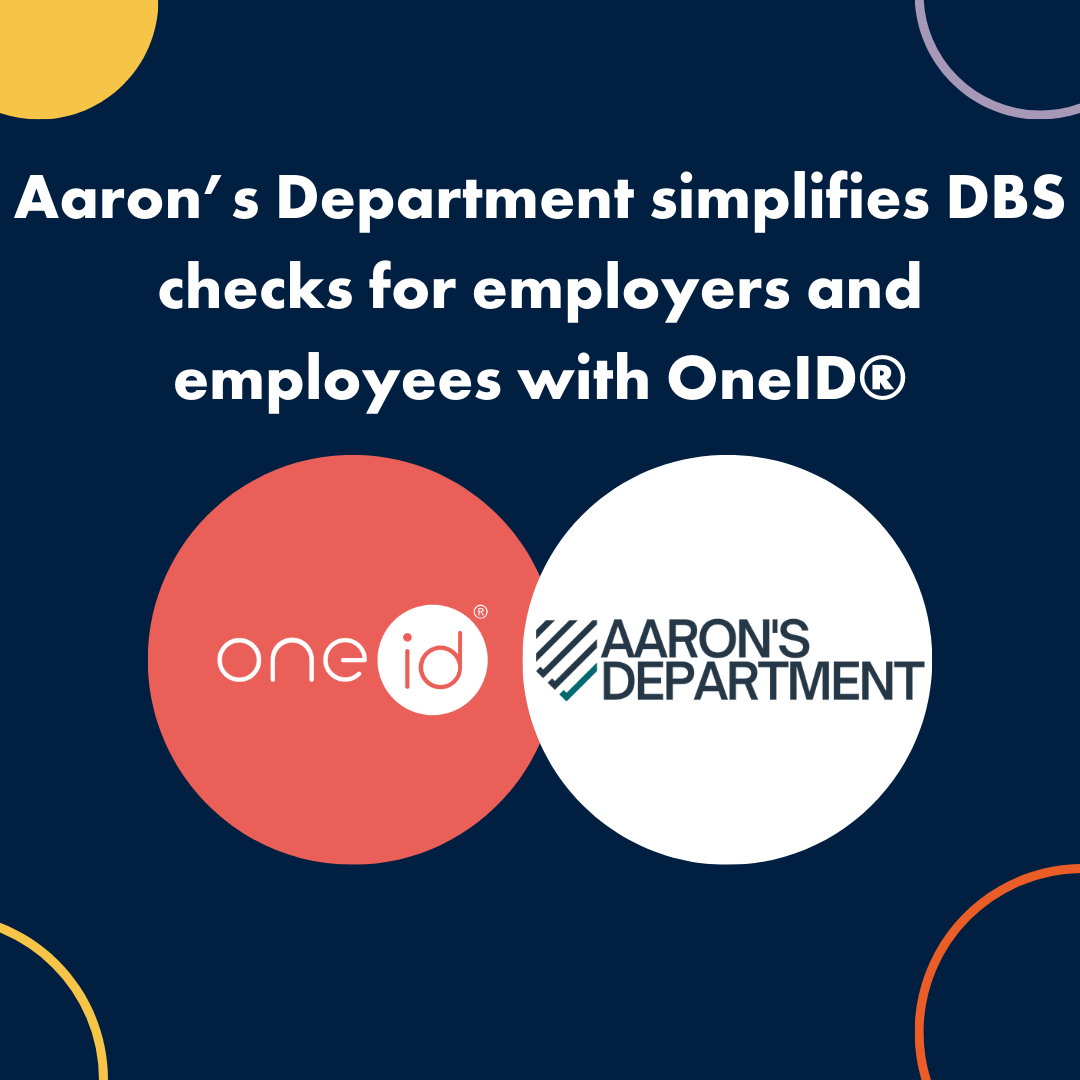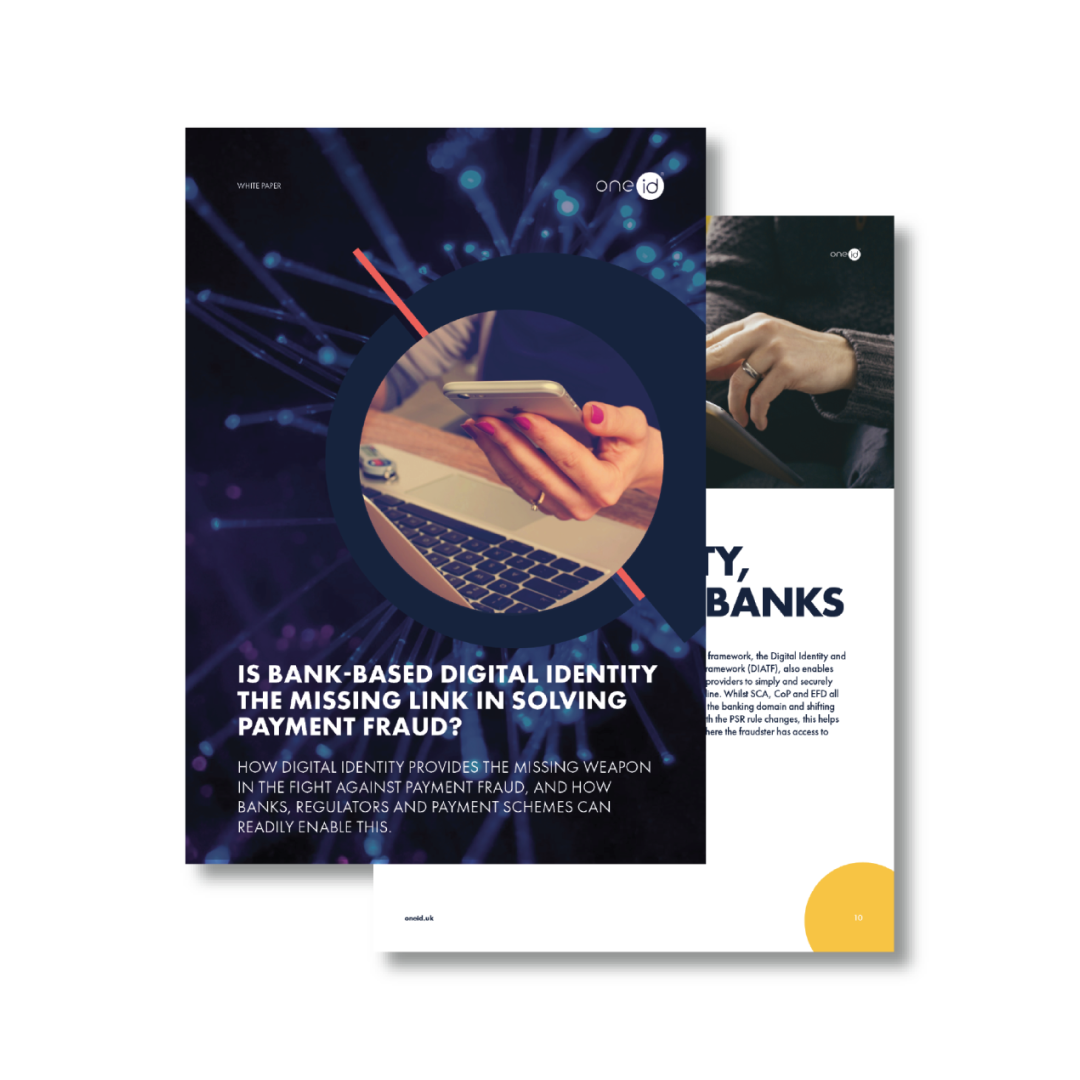OneID CEO, Martin Wilson, speaks to Global Banking and Finance Review about the Online Safety Bill and the case for digital identity
On April 19, the Online Safety Bill, legislation, designed to protect users from harmful online content, returned to parliament for its second reading under intense scrutiny.
The Bill, five years in the making, vows to hold social media companies, search engines and other apps and websites accountable for the content posted on their platforms.
It gives media regulator Ofcom extended powers to fine or block companies and platforms that breach the laws. Critically, executives at these companies may also be held criminally liable for non-compliance or non-cooperation with any Ofcom investigation.
In addition to indecent images, cyberbullying and terrorism, the Bill also includes financial scams. Furthermore, the Bill was amended on March 3 to include not just user-generated scams but paid-for advertising.
This was included to tackle the growing number of fake ads and endorsements involving fictional companies or criminals impersonating celebrities in an attempt to steal either money or personal details from unsuspecting consumers.
Security minister Damian Hinds said the changes mean that “online and social media companies will have to acknowledge these issues and take robust action to combat the scourge of online fraud and take more responsibility to protect their users from this high-harm crime”.
The move has been welcomed by banks, insurers, and financial regulators, all of which had been left disappointed by the original legislation. Back in October, the Financial Conduct Authority (FCA) called for the bill to include online advertising.
Chief executive Nikhil Rathi said there were “real risks to consumers from outside our remit” from online advertising. “Change is needed and we will continue to push for powers where we need them,” said Rathi.
A record £754 million was stolen in the first six months of 2021 via banking scams, up by a third from the same period in 2020. According to consumer group Which?, bank transfer scams costs victims more money in an hour than the average annual salary – £28,000.
Consequently, banks have been among the most vocal advocates for social media and big tech firms to police more of its content. In January, Starling Bank pulled all its advertising on Facebook and Instagram until parent company Meta addressed the fraudsters promoted on its platforms.
Starling CEO, Anne Boden, stated in her annual letter to shareholders that social media companies allow “financial fraudsters to advertise and post content on their platforms that result every day in people being scammed out of their savings”.
Personal finance guru Martin Lewis was another that decried the initial iteration of the bill: “I am thankful the government has listened to me and the huge numbers of other campaigners – across banks, insurers, consumer groups, charities, police and regulators – who’ve been desperate to ensure scam adverts are covered by the online safety bill.”
“We are amidst an epidemic of scam adverts. Scams don’t just destroy people’s finances – they hit their self-esteem, mental health and even leave some considering taking their own lives,” said Lewis.
David Postings, UK Finance chief executive, also welcomed the move: “We strongly welcome the government’s announcement that it will expand the scope of the Online Safety Bill to include advertising on social media and search engines. UK Finance, alongside a number of other bodies, has long been calling for the government to make this change.”
In addition to scam adverts, consumers have also fallen victim to the growing threat of authorised push payment (APP) fraud, where criminals adopt fake identities to demand instant payments from unsuspecting consumers.
These bank transfer scams saw a 71% increase in cases in the first half of 2021, overtaking card fraud for the first time in the amount of money stolen. Furthermore, it is the banks that are left to pay almost half (43%) of the £479 million paid out in 2020.
But while the Online Safety Bill is a welcome development, it only addresses part of the problem. More measures are needed if the internet is ever to become a truly safe and trusted place for consumers.
Alongside legislation, the government needs to work with technology providers, anti-fraud experts, regulators, security specialists and financial institutions to build an effective and safe digital framework.
As more consumers choose to do their banking and shopping through online channels, it is essential that online identities can be authenticated and that genuine users can be verified.
Banks have a vital role to play here. Not only do they have a trusted relationship with consumers, they also have the data. The £1.5 billion already invested in Open Banking has effectively verified 98% of the UK’s population, laying the groundwork for a nationwide digital identity utility, and negating the need for a mandatory national ID system.
Using this information, users could be swiftly and securely identified prior to any transaction. Such a system would not only significantly reduce bank’s losses, it would enhance their reputation as a trusted custodian of their clients’ money and put them at the centre of the fight against fraud.
Similar systems already exist elsewhere, such as Norway and Sweden, both of which have launched their own separate bank-based ID systems. Not only have they been widely adopted, they have also helped to reduce payment fraud with Norway’s BankID scheme reducing payment fraud from 1% to just 0.00042% of transaction value.
The same kind of utility will be needed in the UK to work alongside the Online Safety Bill, to provide the data-driven backing for the government’s legislative agenda.
The key to any successful utility is adoption. The involvement of banks and businesses can help to build a brand that the general public can trust and a system that will ultimately limit the financial, psychological and emotional impact of online fraud.
Originally published in the Global Banking and Finance Review, May 2022.

In the digital age, the evolution of identity verification has shifted from cumbersome physical processe...

Aaron’s Department, a leading provider of Disclosure & Barring Service (DBS) checks for organisation...

As promised in my last blog recapping our webinar, 'Modernising KYC: Why Innovators are Adopting Digital...

OneID®’s latest white paper, launched at Pay360, points the financial services and payments industry to ...